In motorsports, every component of a race car is pushed to its limits. Engines run very high speeds, heat rises quickly, and small parts must work perfectly. In this extreme setting, one key player keeps things running smoothly: high-performance engine oil.
This special oil is not like regular motor oil. It’s designed to withstand the pressure, heat, and speed that race engines encounter. It reduces friction, keeps engine parts cool, and helps prevent wear and tear.
Racers rely on it to achieve optimal performance and protect their engines. But it’s not just for the racetrack. This oil also helps classic cars, high-performance street cars, and daily drivers.
High-performance oil is worth it if you want to extend your engine’s life and achieve better performance. It’s a minor upgrade that makes a big difference, whether racing or driving to work.
In this blog, we’ll explore how high-performance oil works, why it’s essential for racing, and how it benefits all types of vehicles, from race cars to everyday vehicles.
What Is High-Performance Engine Oil?
High-performance engine oil is a synthetic lubricant manufactured with better base oils and additive packages. They are produced to:
- Reduce friction in extreme loads.
- Resist thermal breakdown at high temperatures.
- Maintain viscosity stability across a wide range of operating conditions.
- Prevent engine wear at high RPM levels.
- Maintain the internal parts spotless and deposit-free.
These oils also play an essential role in the broader category of vehicle lubricants. There are gear oils, transmission fluids, and many greases. These lubricated products are responsible for every lubricated moving part.
Why Racers Trust High-Performance Oil?
– Extreme Heat Resistance
An engine can reach temperatures over 300°F (150°C) during a race. At those levels of heat, standard oils break down rapidly and begin to deteriorate, losing their lubrication capacity.
Racing oils are chemically designed with synthetic base stocks that resist breakdown through oxidation or thermal degradation.
The additional resistance to thermal degradation provides uniform protection for your engine, even in the most extreme of conditions over a full day of track sessions.
– Enhanced Shear Stability
Several motorsport applications have high engine RPMs at full throttle for prolonged periods, which produce high shear forces that can thin out conventional oils, ultimately compromising viscosity, lubrication, and protection. Most high-performance oils contain additives that maintain viscosity under shear stress and reduce surface tension to create a more effective wear barrier, which keeps some oil between moving parts.
The most essential parts, in this case, are the crankshaft and camshaft.
– Superior Additive Packages
Advanced anti-wear additives provide a critical barrier on metal surfaces, reducing metal-to-metal contact in high-load situations. Other additives include:
- Detergents that keep engine parts clean.
- Dispersants are used to suspend contaminants.
- Friction modifiers to improve fuel economy.
- Antioxidants slow the degradation of oil.l
While oil formulations tend to be considerably more robust compared to regular automotive oils.
Engine Oil for Older Vehicles: Racing Tech for Classic Engines
It’s interesting how some of the properties that make high-performance oil great for racing also make it a good engine oil for older vehicles. Older engines typically have far looser tolerances than those of today’s engines and do not have the advanced emissions systems found in newer cars. Their purpose is to operate on oils containing:
- ZDDP at higher levels to safeguard the valve train.
- A thicker viscosity to reduce oil consumption and aid in compression retention.
- A higher level of detergency is needed to manage sludge from older combustion designs.
Classic car owners can utilize high-performance oils to prolong an engine’s lifespan, enhance protection during start-up, and minimize wear and tear, particularly when the vehicle is used infrequently or stored for extended periods.
The Role of Viscosity in Performance Oils
An oil’s viscosity, or thickness or thinness, influences its functionality. Racers typically choose their oil based on the specific nature of their engine and the conditions of their race.
Low-viscosity oils (for example, 0W-30, 5W-40) have a lower viscosity, meaning they flow more easily and are ideal for revving as high as possible, as this reduces internal friction.
Higher viscosity oils (such as 10W-60) are thicker and may be better suited for turbocharged or high-horsepower engines, mainly when operating under extreme loads.
Regardless of which viscosity is selected, high-performance oils demonstrate significantly better stability than standard oils, even under high-stress loads.
Vehicle Lubrication Products as a Complete System
High-performance engine oil is only one part of a comprehensive vehicle lubrication plan. Racing and performance-oriented (as with the layout of the manual in mind), look to improve their full spectrum of fluids:
- Gear oils for differentials and transmissions.
- Automatic or dual-clutch gear oils.
- Greases for suspension and chassis elements.
Each of these lubricants is also designed to deal with considerations of shock loading, high friction, and heat, just like high-performance engine oil does for the engine. An overall coordinated lubrication action plan can dramatically improve reliability and performance, whether on or off the track.
Real-World Benefits Off the Track
You don’t have to be a racer to enjoy the benefits of high-performance engine oil. Many car enthusiasts and performance drivers use these oils in:
- Modified street cars with turbochargers or tuned engines.
- When transporting heavy loads, off-road trucks have to navigate challenging terrain.
- Towing automobiles with severe engine strain.
- High-mileage engines that need extra wear protection.
Even if you’re not hitting the track every weekend, high-performance oil provides superior protection and peace of mind, especially in demanding conditions.
Choosing the Right High-Performance Oil
Here are some tips to help you choose the oil that is best for your situation:
– Know Your Engine’s Requirements
Always review the standards provided by the vehicle’s manufacturer, paying particular attention to viscosity and oil certifications.
– Know Your Driving Style
Aggressive driving, frequent short trips, and cruising at highway speeds all put more stress on your engine.
– Get a Quality Certification
Select oils that meet or exceed industry specifications.
– Don’t Forget About All Your Lubrication Needs
Use high-quality vehicle lubrication products in conjunction with your engine oil for comprehensive system-wide results.
Final Thoughts: The Performance Advantage
Whether taking hairpin turns at top speed or simply wanting to give your car the best possible protection, the high-performance engine oil is the absolute best lubricant you can have confidence in. Racers don’t run these engines for fashion; they do it because they want or need to protect their engine. The experience with the oil’s formulation science enables the engine to operate within its intended performance and safety range, delivering the best performance possible.
Pro-Lube.com specializes in high-quality lubricants for performance-oriented drivers, fleet operators, and everyday motorists. Whether you need engine oil for your old vehicle or the latest, most excellent lubrication products, we help you extend engine life, increase performance, and reduce maintenance costs.
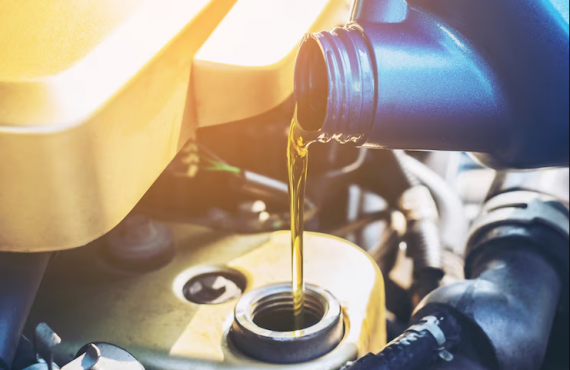

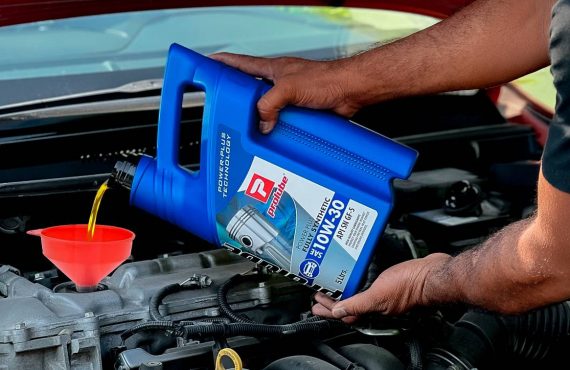
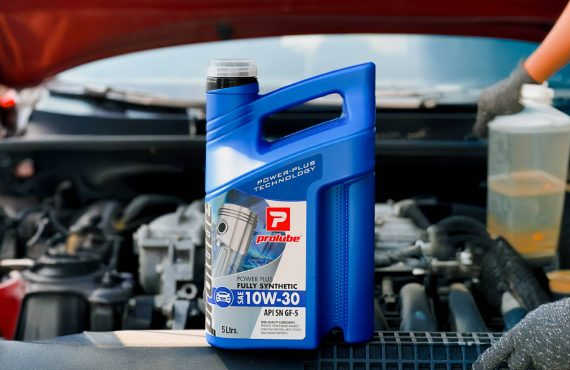
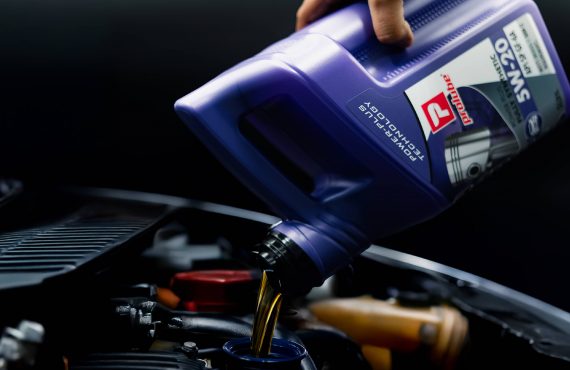
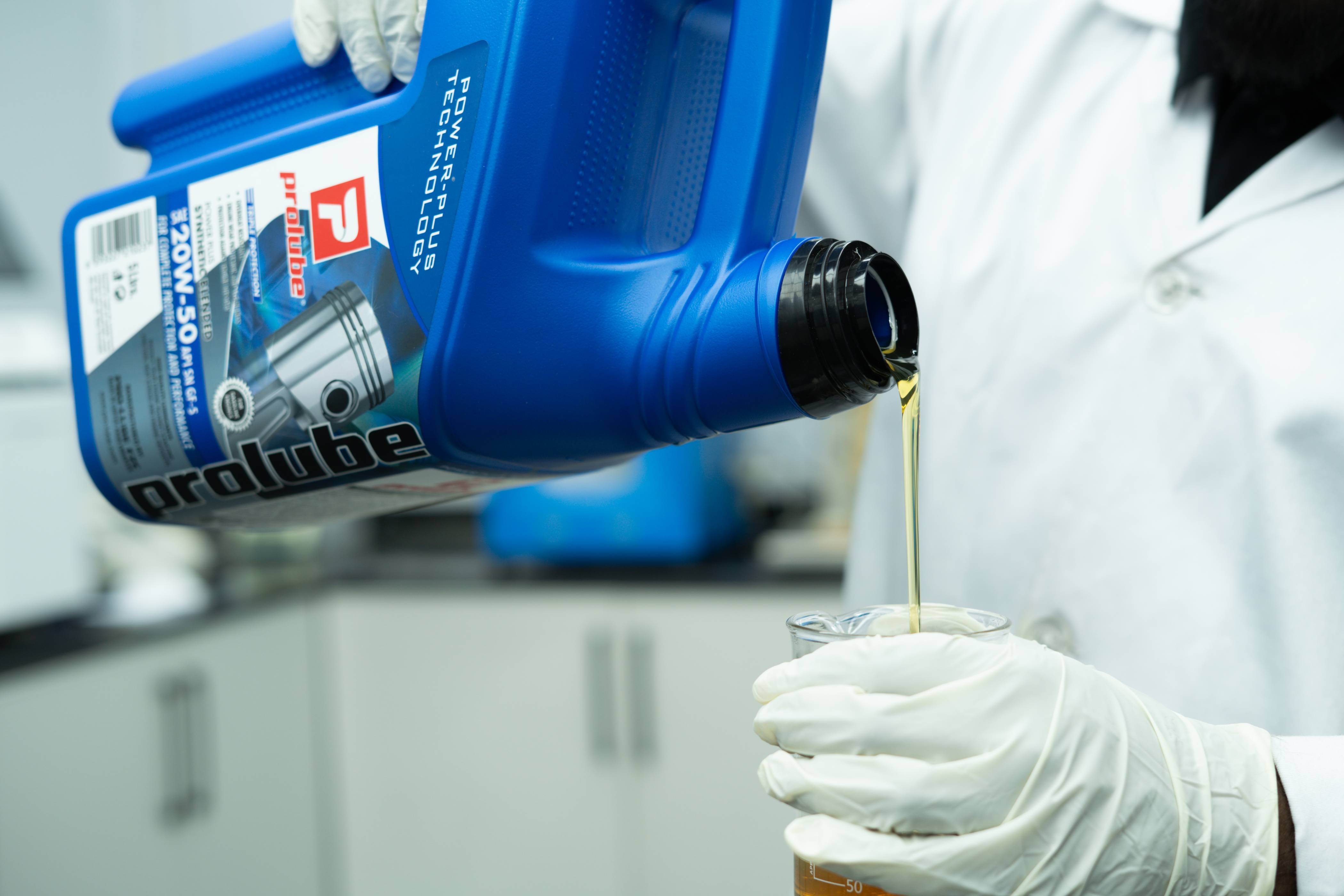
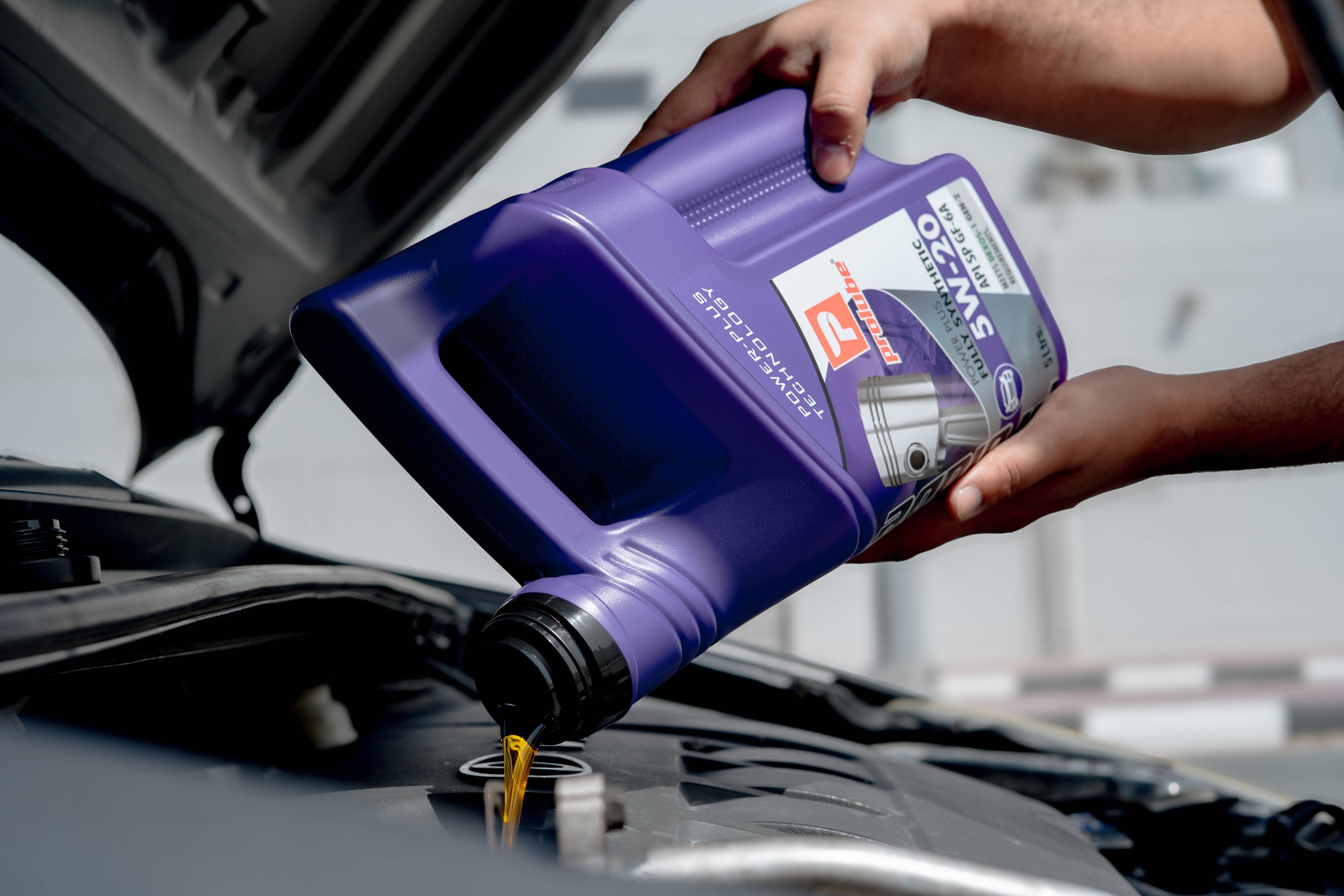
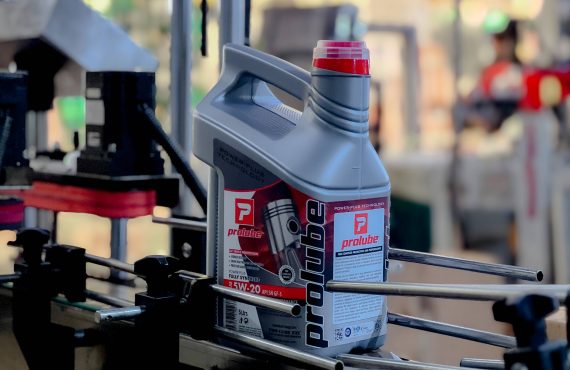


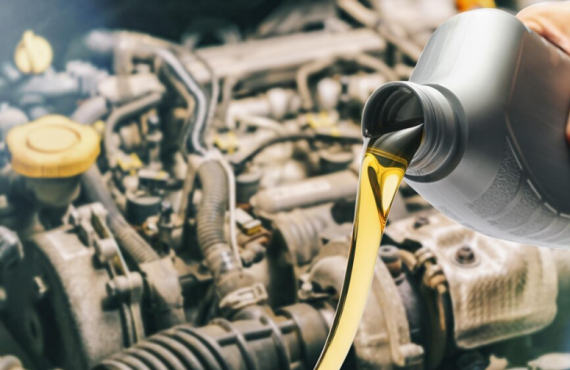
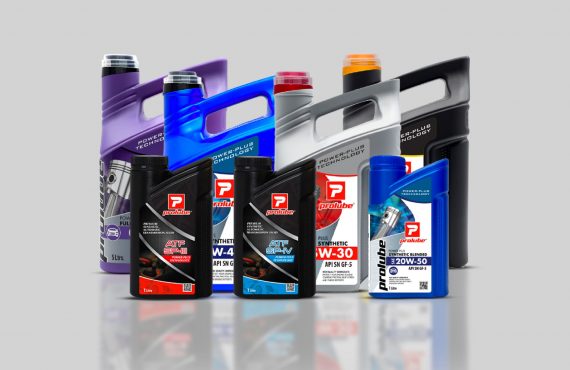

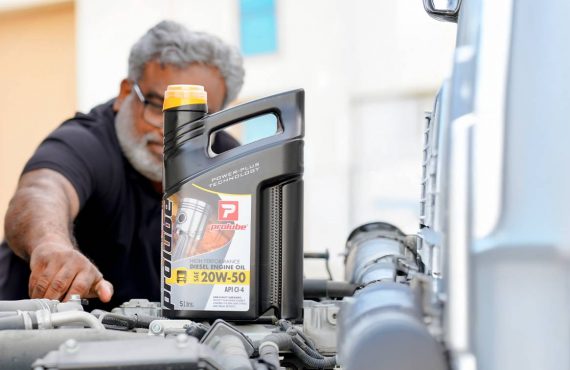
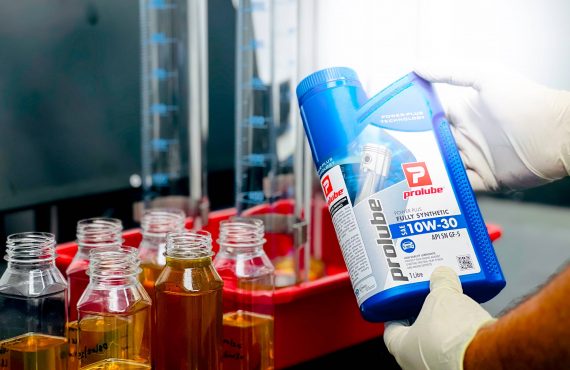

No comments yet.